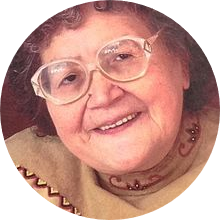Footer

AtlanticBooks.ca is your source for Atlantic Canadian books. Stay up to date with the latest books news, feature stories, and reviews, and browse our catalogue of local books where you can download samples, borrow digital books from your local library, or purchase them through local book sellers or publishers.
With Thanks
We acknowledge the support of the Canada Council for the Arts and the Government of Canada through the Canada Book Fund for this project, as well as the Province of New Brunswick’s Department of Tourism, Heritage, and Culture, the Province of Newfoundland’s Department of Tourism, Culture, Arts, and Recreation, the Province of Nova Scotia’s Department of Communities, Culture and Heritage, and the Province of Prince Edward Island’s Innovation PEI Arts, Culture, and Heritage Department



